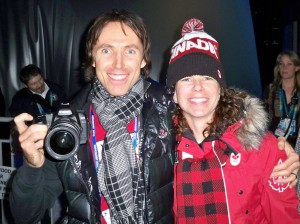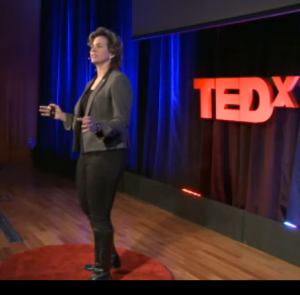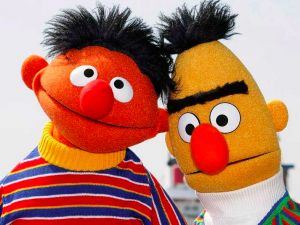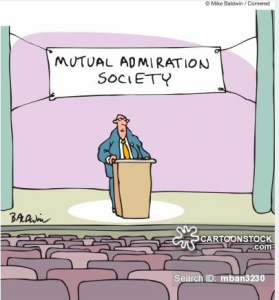
I was pretty happy to say hi to Steve behind the scenes at the Vancouver 2010 Opening Ceremony. Later he would be one of final 4 who would light the Olympic Cauldron
In 2012, Steve Nash wrote the the foreword to my book, The Power of More. I remain so grateful to this amazing Canadian. This week we learned that he has retired as a player from the NBA. In an article about Steve’s incredible legacy, The Globe and Mail columnist, Cathal Kelly wrote, “At 41, Mr. Nash had fully inhabited his imaginative space in NBA history. He was the skinny kid from Nowheresville (i.e. anywhere in Canada) who’d willed himself to the very top. He was a guy who’d outsmarted the game.” (full article)
Steve’s ability to “will” himself to the very top was because he, as he wrote in my book, believed in “taking the time to lay out your path in measurable steps, a practical approach can instill a beautiful confidence that comes from knowing you can actually achieve what you’re setting out to do.” Steve’s incredible work ethic is legendary – he always broke things down to their base details, drilled on those details until he mastered them and then used them to his greatest advantage. As Mr.Kelly also wrote “What Mr.Nash did in his prime…was marry the cerebral with the kinetic. His primary gift as a player was that he thought at speed. That’s what the best players do in any sport. They slow then bend time.”
Anytime you set a goal for yourself, you create the possibility of success; with Marnie’s book, you also create a plan to see it through.
When I was writing my book, The Power of More, I can’t tell you how thrilled and honoured I was when Steve agreed to write the foreword. Of all the global champions that I know from professional and olympic sport, and all the philanthropists, business people and politicians who have made their incredible successes seem easy – Steve was my first and best choice to ask. Knowing his attention to detail and dedication, I was sure that he would also embrace my concepts of breaking things down into manageable steps – and he did, and still does.
Steve’s foreword wraps up with him saying, “It teaches you that you can be excited about what comes next, and that you get to dictate so many of the terms for yourself. So read it, and then, as Thoreau said, “Go confidently in the direction of your dreams.”” Well Steve, I hope the same for you now. I hope that you will be excited about what comes next. Like the mythical phoenix (Phoenix Sun ?), from the ashes of the “1st death of an athlete” will rise something spectacular. Once you figure out the terms that you want to dictate to yourself – go confidently – I’ve no doubts your next career will be something pretty awesome.
Good luck and – thank you Steve.
Sincerely,
Marnie
Here is the foreword that Steve wrote for The Power of More – How Small Steps Can Help You Achieve Big Goals.
I’ve known Marnie since I was a teen, when she was training at the Victoria City Rowing Club in my hometown, and I’ve run into her at two Olympics since. Continue reading

 Believing that we can achieve success and big, seemingly infinite, goals can seem impossible for us “normal*” people. For the likes of Super Hero Buzz Lightyear, who will readily leap “To INFINITY and Beyond!!!” it’s a breeze. How do they do that?!
Believing that we can achieve success and big, seemingly infinite, goals can seem impossible for us “normal*” people. For the likes of Super Hero Buzz Lightyear, who will readily leap “To INFINITY and Beyond!!!” it’s a breeze. How do they do that?! I often cite a particular Ernie and Bert skit as one of my favourite examples of Art Imitating Life. I’ve wanted to write about it for a while – but I’ve found it tough figuring out how to approach it. If I’m not careful it will look like I’m suggesting that people can be ungrateful for what they receive – but that’s not what I see as the nugget in the discussion between these two Sesame Street icons. It’s more about the importance of knowing what it is that you want so as to avoid a sense of entitlement that you deserve everything that is available.
I often cite a particular Ernie and Bert skit as one of my favourite examples of Art Imitating Life. I’ve wanted to write about it for a while – but I’ve found it tough figuring out how to approach it. If I’m not careful it will look like I’m suggesting that people can be ungrateful for what they receive – but that’s not what I see as the nugget in the discussion between these two Sesame Street icons. It’s more about the importance of knowing what it is that you want so as to avoid a sense of entitlement that you deserve everything that is available.